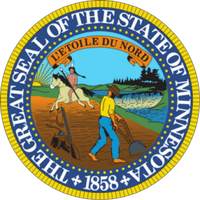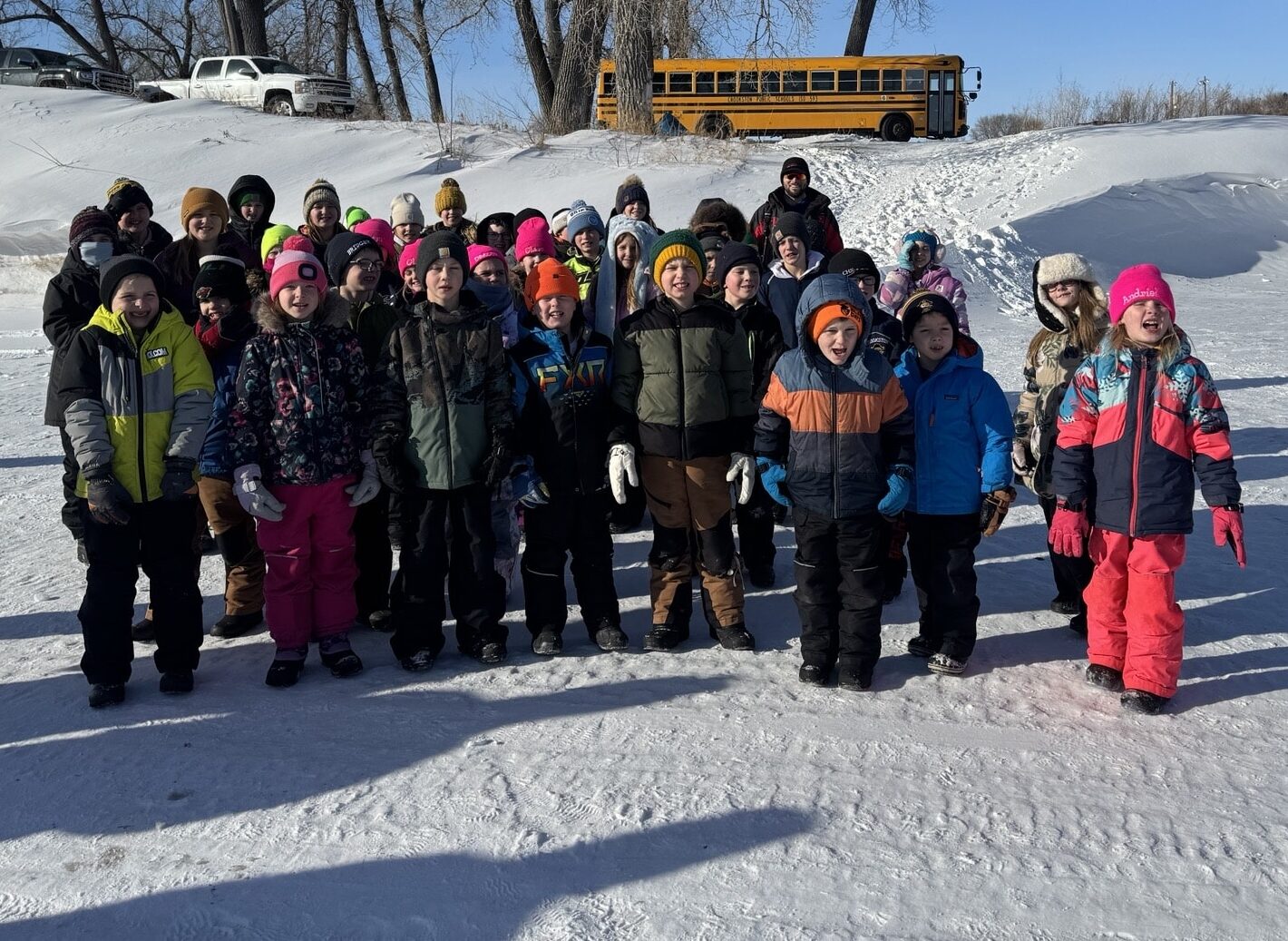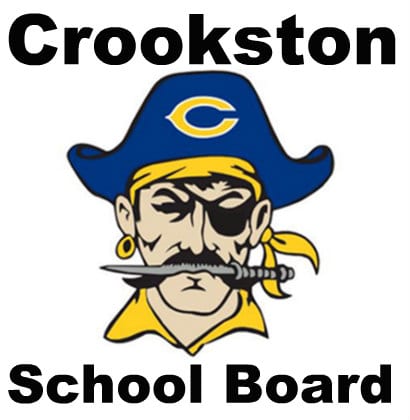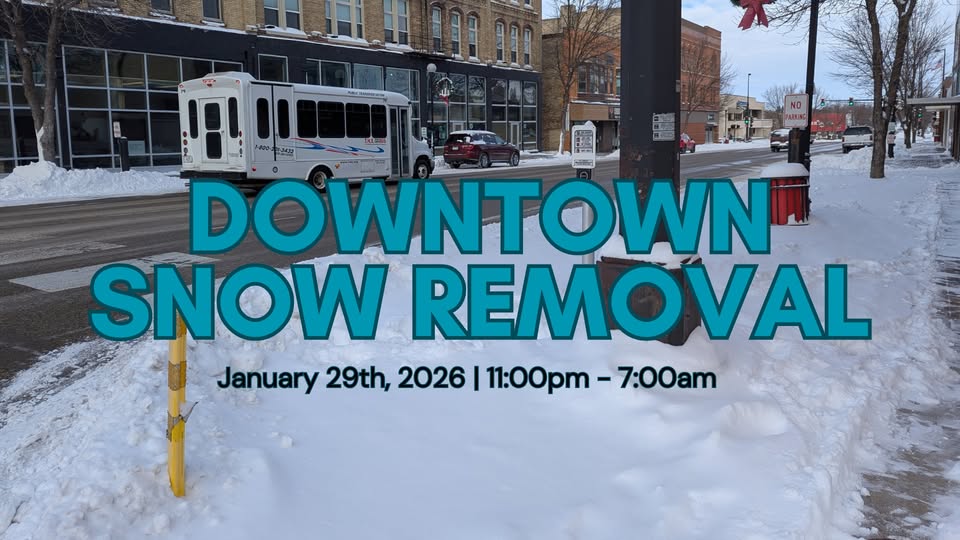On Thursday, Governor Tim Walz announced that the Minnesota Department of Employment and Economic Development (DEED) will award grants totaling $20,645,425 to 39 projects in the sixth year of the Border-to-Border Broadband Development Grant program. State grant dollars are matched by $33,695,279 in local funds, for a total investment in the broadband infrastructure of $54,340,704.
“The pandemic this past year has made it crystal clear that fast, reliable broadband access is critical for people living in Greater Minnesota – for everything from education and health care to business operations and telecommuting,” said Governor Walz. “These grants continue this vitally important work toward our goal of ensuring that every Minnesotan has high-speed internet access by 2022.”
“Connection is foundational for communities to thrive. These grants will go to help Minnesotans get critical access to broadband,” said Lieutenant Governor Peggy Flanagan. “Now more than ever, we need to make sure Minnesotans have access to high-quality broadband to help our communities thrive, businesses survive, and students learn.”
“As we look to promoting economic recovery from the pandemic, these grants help ensure that every Minnesotan can participate in building back our state’s economy even stronger,” said DEED Commissioner Steve Grove. “We want to be a model state for innovation – and having reliable, high-speed internet access is fundamental to that goal.”
The projects will bring high-quality broadband access to underserved and unserved areas of Minnesota, providing fast, reliable internet access for 6,922 businesses, homes, and community anchor institutions.
During the 2019 legislative session, the Governor signed into law a total of $40 million in one-time funds for the Border-to-Border Broadband Development Grant program in 2020 and 2021. Altogether, for FY21 funding, DEED received requests for $42 million in funding for 64 different applications during the latest grant application round.
The Border-to-Border Broadband Development Grant Program is primarily targeted towards communities in Greater Minnesota, where broadband infrastructure is not as likely to be at a level that is needed to support economic equity. A map of projects awarded grants in 2021 is posted on DEED’s website.
The State of Minnesota has set a goal for universal access and high-speed internet so that by no later than 2022, all Minnesota businesses and homes have access to high-speed broadband that provides minimum download speeds of at least 25 megabits per second and minimum upload speeds of at least three megabits per second. And by no later than 2026, all Minnesota businesses and homes have access to at least one provider of broadband with download speeds of at least 100 megabits per second and upload speeds of at least 20 megabits per second.
This is the sixth year of the Border-to-Border Broadband Development Grant program. The grants announced today bring the number of homes and businesses provided broadband access through the grant program since 2014 to a total of over 56,800.
The funding, which was approved during the 2019 legislative sessions, goes to broadband providers to build out wireline broadband infrastructure to unserved and underserved locations across the state.
Three of the grants are for projects in Polk County below –
Garden Valley Technologies – Northwest Thief River Falls and Euclid – GRANT $1,640,722
This middle and last mile project will serve 104 unserved and 22 underserved locations in portions of Marshall and Polk counties. The project will bring internet speeds to a synchronous 1 Gbps capability, exceeding the State’s 2022 and 2026 speed goals. Essential to the area’s economic prosperity, broadband will allow area residents to work from home and students to participate in distance learning as well as provide improved access to telemedicine and enable businesses and farms connectivity for financial management, pest management information and up to date weather information.
Total eligible project cost is $3,281,444
Local match is $1,640,722
Halstad Telephone Company – North Fisher Expansion – GRANT $619,000
This last mile project will upgrade approximately 57 unserved and seven underserved locations in portions of Huntsville, Nesbit and Fanny townships in Polk County. In a funding partnership with the State of Minnesota, Halstad Telephone Company will improve broadband with speeds up to 1 Gbps download and 1 Gbps upload, exceeding the State’s 2022 and 2026 speed goals. Families living in the project area will improve their education and health with access to e-learning, e-medicine and other quality-of-life opportunities provided through a robust broadband connection. Farms will be more efficient and reduce their impacts on the environment by utilizing precision farming techniques. Businesses can increase productivity, allow remote working, and become more competitive as they use the improved broadband for operations, marketing, data analytics, and expanded e-commerce opportunities.
Total eligible project cost is $1,376,000
Local match is $757,000
Wikstrom Telephone Co. Inc. – Wiktel NW MN Broadband 2020 – GRANT $490,997
This last mile project will serve 153 unserved locations in sparsely populated areas in Kittson, Marshall and Polk counties. In a funding partnership with the State of Minnesota, Wikstrom Telephone will bring broadband speeds up to 1 Gbps download and 1 Gbps upload, exceeding the 2022 and 2026 state speed goals. This fiber-to-the-home (FTTH) network will provide service to an area with only 1.5 subscribers per route mile of cable and is key to economic development, successful e-learning for children, and home health care monitoring in this remote area.
Total eligible project cost is $1,091,104
Local match is $600,107
Information on the other grants is available here.




